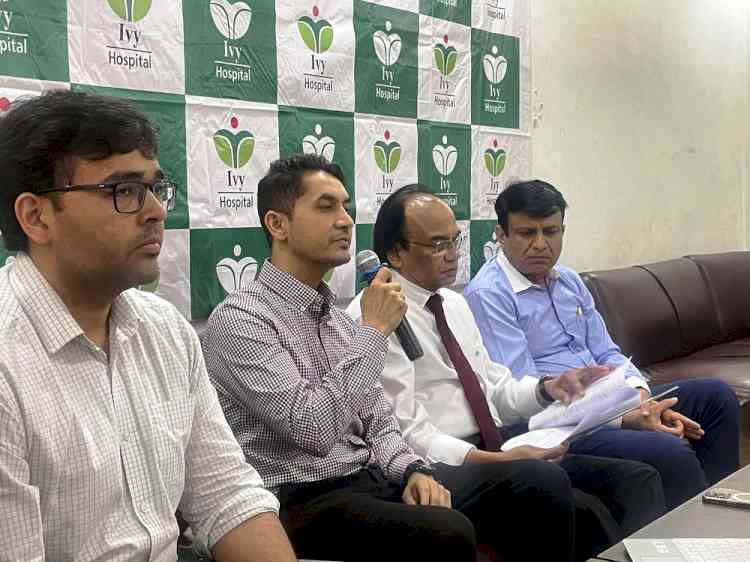MCX Cotton Deposits Notably Increase by 294% in June 2018

Mumbai, July 16, 2018: Multi Commodity Exchange of India Ltd. (MCX) received extremely encouraging response with Cotton deposits in the current season (Oct’ 17-Jul’ 18), notably increasing by 294 per cent in June 2018 vis-a-vis June 2017. This not only reaffirms the confidence of the stakeholders in the exchange as an efficient risk management platform, but also its well-equipped and robust warehousing and delivery mechanism for participants to tender and receive delivery. The cotton futures contract continues to serve as an efficient hedging tool to the market participants—producers, ginners, millers, yarn manufacturers, exporters, that enables them to tackle volatility or any adverse price movement in an efficient manner.
MCX witnessed a 57 per cent jump in its cotton contract’s average daily volume from 2605 lots (1 lot = 25 bales) in June 2017 to 4085 lots in June 2018. Correspondingly, there has been a substantial increase in average daily value from Rs. 132 crores to Rs. 231 crores over the said period. Moreover, the cotton stocks in warehouses hit a five year high at 161,000 bales in June 2018. The open interest stood at 13,581 lots at the end of June 2018.
The basis delivery centre for MCX Cotton contract is Rajkot (Gujarat) with additional delivery centres at Yavatmal and Jalna (Mahasrashtra), Kadi, and Mundra (Gujarat), and Adilabad and Warangal (Telangana), and the deposits are spread all across the delivery centres.
India is the largest producer of cotton in the world accounting for about 27% of the world cotton production. The major cotton producing states are Andhra Pradesh, Maharashtra, Gujarat, Punjab and Haryana. The growth in cotton crop has resulted in greater stability in cotton production. India is the second largest exporter of Cotton in the world. This makes cotton prices very vulnerable to changes in global demand and supply. In this regard, MCX cotton futures contract has emerged as a valuable and effective tool for managing cotton price risk.
Mr. Mrugank Paranjape, MD & CEO, MCX said, “The MCX cotton futures contract continues to go from strength to strength, and has proven to be national price benchmark and effective risk management tool for multiple stakeholder groups across the cotton value chain. It is indeed heartening to note the positive impact our efforts have had on the businesses of the market participants and the trust they repose in MCX drives us to further strengthen our efforts.”
Mr. Sanjay Jain, Chairman, Confederation of Indian Textile Industry (CITI) said, “Ever since the launch of MCX Cotton futures, the cotton industry has immensely benefited from this hedging tool that provides protection against price uncertainty and a robust delivery platform. This adds to sustainability of businesses especially SMEs which play a major role in textile sector, which is one of the largest contributing sectors in the economy of the country.”
India's annual production of cotton has been steadily increasing in the recent years supported by a rise in acreage, better genetically modified seeds, and improved practices. According to Cotton Advisory Board (CAB), India’s estimated production is 37 million bales of cotton in 2017–18 crop year as compared with 34.5 million bales in 2016-17. The acreage yield was 568 kg/ha in 2016-17 as against of 484 kg per hectare in 2015-16. As per CITI, the area under cotton cultivation increased to 122.59 lakh hectares in 2017-18 (up by almost 13%) from 108.45 lakh hectares. India's cotton consumption estimates to 31.6 million bales in 2017-18 (including non-mill consumption of 1.9 million bales) against 30.6 million bales in 2016-17. As per Cotton Association of India, India has been a major exporter of cotton since 2005–06, and currently, the world's second largest exporter. It is estimated that India had exported 7 million bales of cotton in 2017–18 compared with 5.82 million bales in 2016-17.

 cityairnews
cityairnews 















